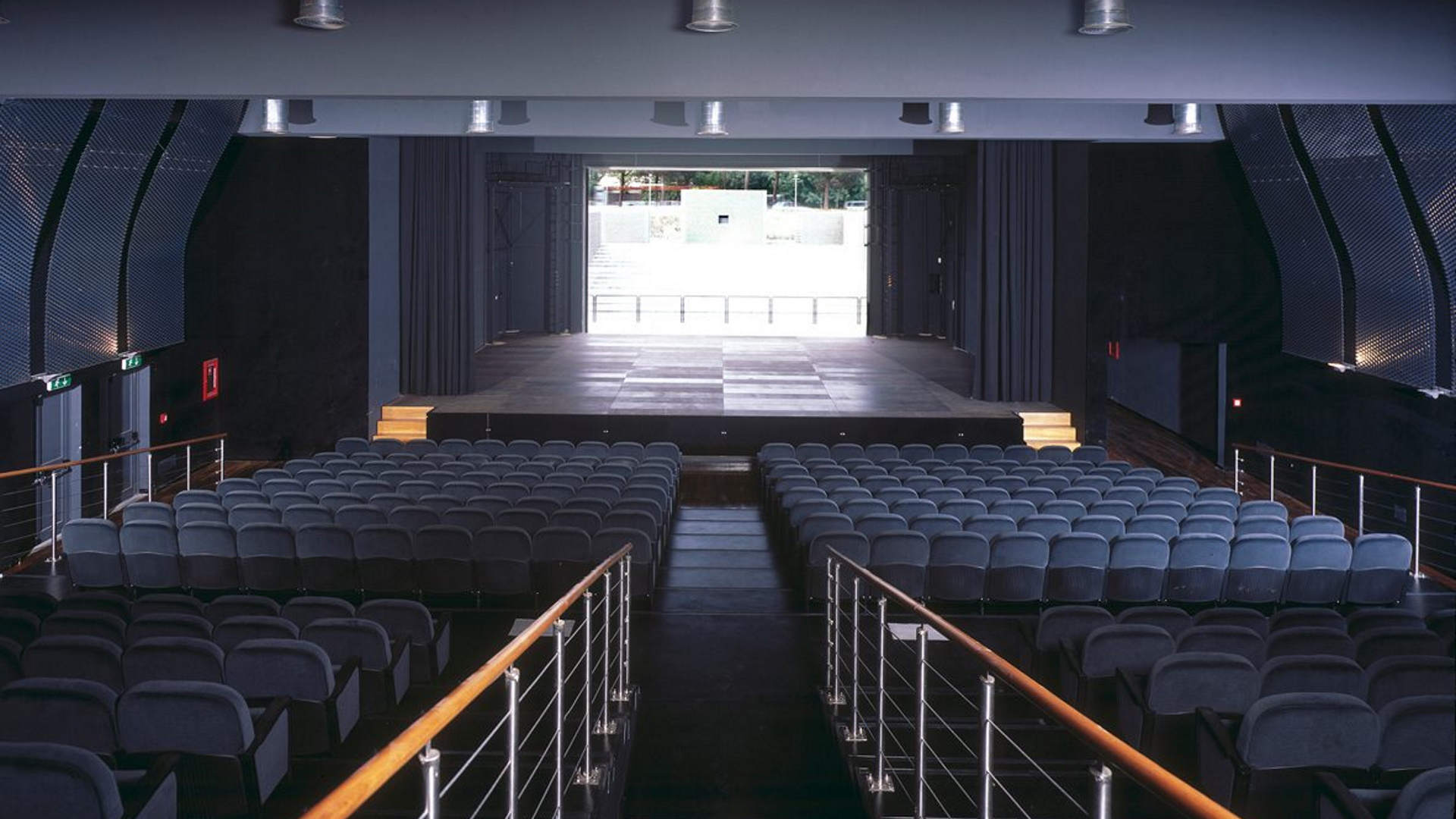
A real cultural challenge to enhance an area rich in potential and one of the most densely populated in Rome, led to the opening, on 9 December 2005, of the Teatro Tor Bella Monaca, an event strongly supported by Roma Capitale - Department for Cultural Policies and Department for Policies for the Suburbs - ETI, the Italian Theatre Board, the Regione Lazio, and the University of Rome Tor Vergata.
The Teatro Tor Bella Monaca proposes itself as a social and cultural reference point for Rome, open and usable, a lived place, capable of intriguing, aggregating, stimulating and guaranteeing the accessibility of artistic creation to the entire local community and the city, favouring the relationship between local cultural production and the national scene.
The building, located within the large complex of the Municipality's headquarters, has been designed as a flexible system of spaces: it includes two theatre halls (the large hall with 282 seats and the small hall with 98 seats), a rehearsal hall and additional spaces for meetings, exhibitions, workshops and training events.
After two years of collaboration with the Ente Teatrale Italiano, from the 2007/2008 season the management of the theatre passed to the Associazione Teatro di Roma, which was in charge of the space until January 2013. In February 2013, the Assessorato alla Cultura di Roma Capitale included the Teatro Tor Bella Monaca within the innovative Sistema Casa dei Teatri e della Drammaturgia Contemporanea run by Zètema Progetto Cultura under the direction of Emanuela Giordano.
To all intents and purposes, the System has been configured as a network and participatory planning device, offering for the first time in the history of Rome's cultural policies, the extraordinary possibility of enhancing the resources of the public sector, in synergy with the private field.
The Teatro Biblioteca Quarticciolo, Teatro del Lido, and Teatro Villa Pamphilj are also part of the System, now called TIC - Teatri in Comune. Together, they network the heritage of skills and visions accumulated over the past decades, relate to the places that host them, and aim to develop social and cultural networks with the agencies of the territory, in an interdisciplinary, inter-institutional and participatory perspective.
Informationen
For opening times and visiting condition, please check the contacts
 Condividi
Condividi
Location
Um mehr über alle barrierefreien Dienste zu erfahren, besuchen Sie den Abschnitt barrierefreies Rom.












































